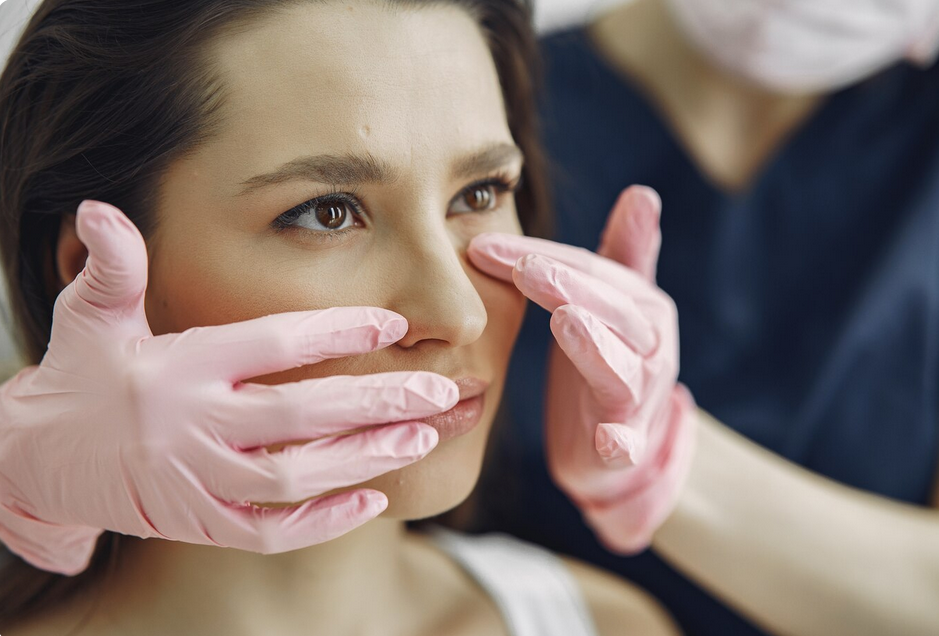Exosome therapy is rapidly gaining popularity worldwide as a cutting-edge regenerative treatment with applications in skin rejuvenation, wound healing, orthopedics, and more. Despite its promise, patient safety remains paramount, and many potential users wonder: Is exosome therapy really safe?
In South Korea—a global leader in regenerative medicine—clinics have established comprehensive safety protocols and regulatory compliance frameworks to ensure that exosome treatments are not only effective but also safe for patients. Here’s a closer look at the safety profile of exosome therapy and how Korean clinics are setting high standards in patient care.
Understanding the Safety Profile of Exosome Therapy
Exosomes are small extracellular vesicles naturally secreted by cells, carrying bioactive molecules like proteins, RNAs, and lipids. Because they are cell-free and non-replicative, exosomes generally pose fewer safety risks than stem cells, such as:
- No risk of tumor formation: Unlike stem cells, exosomes cannot divide or form tumors.
- Low immunogenicity: Exosomes are less likely to trigger immune rejection or inflammation.
- Biocompatible: Derived from human cells, exosomes are well-tolerated by the body.
Nevertheless, exosome therapy is a relatively new field, and its safety depends heavily on factors such as:
- Source and quality of exosomes
- Purification and manufacturing processes
- Sterility and contamination controls
- Clinical protocols and patient selection
What Korean Clinics Are Doing to Ensure Exosome Therapy Safety
South Korea’s advanced medical ecosystem combines scientific rigor, strict regulations, and clinical expertise to minimize risks and maximize treatment safety. Here are key safety measures and best practices adopted by Korean clinics:
1. Rigorous Sourcing and Characterization of Exosomes
- Well-Defined Cell Sources: Korean clinics source exosomes from carefully screened, healthy donor cells such as mesenchymal stem cells derived from umbilical cord or adipose tissue.
- Strict Donor Screening: Donors undergo comprehensive health checks and infectious disease testing to prevent transmission risks.
- Characterization of Exosomes: Clinics use advanced laboratory techniques (e.g., nanoparticle tracking analysis, flow cytometry) to verify exosome size, purity, and molecular content before clinical use.
2. GMP-Grade Manufacturing and Purification
- Good Manufacturing Practice (GMP) Compliance: Leading Korean biotech companies produce exosomes in GMP-certified cleanrooms, ensuring high purity and sterility.
- Advanced Purification Methods: Techniques such as ultracentrifugation, filtration, and chromatography remove impurities, cellular debris, and contaminants.
- Batch Consistency: Standardized production protocols ensure consistent potency and quality between treatment batches.
3. Sterility Testing and Contamination Prevention
- Microbial Testing: Every batch undergoes rigorous testing for bacteria, fungi, mycoplasma, and endotoxins to prevent infections.
- Aseptic Handling: Clinics maintain sterile environments and use single-use equipment to minimize contamination risks during administration.
- Cold Chain Management: Exosomes are stored and transported under controlled temperatures to preserve their stability and prevent degradation.
4. Personalized Clinical Protocols and Patient Screening
- Comprehensive Medical Evaluation: Patients are screened for contraindications such as autoimmune diseases, active infections, or allergies.
- Tailored Treatment Plans: Dosage and administration routes (injection, topical, intravenous) are customized based on patient needs and clinical indications.
- Informed Consent and Education: Patients receive detailed explanations of benefits, risks, and alternative treatments, ensuring informed decision-making.
5. Post-Treatment Monitoring and Follow-Up
- Regular Clinical Assessments: Korean clinics implement structured follow-up schedules to monitor treatment response and detect adverse events early.
- Adverse Event Reporting: Any unexpected reactions are documented and reported to regulatory bodies to maintain transparency and improve safety.
- Long-Term Outcome Studies: Many clinics participate in clinical research to gather data on the long-term safety and efficacy of exosome therapies.
Regulatory Oversight and Guidelines in Korea
South Korea’s Ministry of Food and Drug Safety (MFDS) regulates biologics including exosome products with increasing scrutiny. Although exosomes are often categorized under biologics or cell-free therapies, Korean authorities require:
- Clinical trial data to support safety and efficacy claims.
- Strict manufacturing standards and facility inspections.
- Clear labeling and patient information.
This regulatory environment fosters a culture of safety and innovation, helping clinics adopt best practices aligned with international standards.
Summary: Is Exosome Therapy Safe?
- Generally safe when produced and administered properly.
- Low risk of immune rejection or tumor formation due to cell-free nature.
- Safety depends heavily on source quality, manufacturing controls, and clinical protocols.
- Korean clinics lead in implementing rigorous quality controls, GMP manufacturing, and personalized patient care.
- Ongoing research and regulatory oversight continue to improve safety standards.
Final Thought
If you are considering exosome therapy, choosing a reputable clinic—especially one adhering to Korean safety standards—can greatly reduce risks and enhance treatment outcomes. South Korea’s commitment to scientific rigor and patient safety makes it a trusted destination for cutting-edge exosome therapies worldwide.




